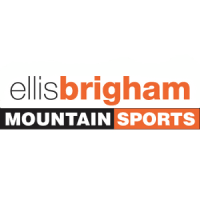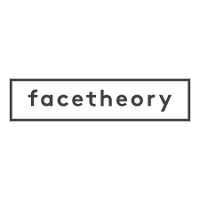Five financial literacy sites college students can try

Boosting student financial literacy skills is a key to their wellness, and financial aid officers agree it should be an effort the whole campus community gets involved in. Educators and higher education professionals can equip and encourage financial literacy among students using online education. Inside Higher Ed collected some of higher education’s favorite free financial literacy apps and websites to try.
Covering a wide range of financial topics, the Zogo app incentivizes students to keep learning by giving them a cash reward. Students download the app, create an account and can play through educational modules, including lessons on credit scores, investing, job and house hunting, and basic financial skills.
Modules are quick, giving users snippets of information. Students earn credits, called pineapples, as they play and can cash them out for gift cards or donate their money to a charitable cause.
The World of Money is a video application that teaches financial literacy to both children and young adults. Content ranges from the history of money to saving money, budgeting and using credit cards.
After downloading the free app, users select which lesson they’d like to learn, watch a three-minute course video and then complete a quiz to demonstrate mastery of the content. The app also has flash cards to teach financial concepts.
Most Popular
For students looking to level up their financial literacy beyond basic saving and spending, Investmate teaches trading to beginners. The app provides courses, strategy tips, quizzes, term definitions and other resources.
The app can be tailored to the user, providing quizzes and videos based on personal interest. Lessons, similar to Zogo and The World of Money’s, are short, around three minutes long. The app also has a stock market simulator, which gives students the opportunity to demo buying and selling shares of different products.
Creator of a web-based platform, iGrad partners with universities to create tailored financial literacy information for students.
The site offers education on managing money, creating a budget, taking out loans and planning for retirement, along with a scholarship search function and other financial aid information and tax information for current students. iGrad tailors content to users with a survey to understand a student’s situation, as well, giving more personalized information.
OK, so Spent isn’t an app. But it is a powerful online game that demonstrates how individuals with a limited income choose daily where to spend their money. In the game, the user starts off with £1,000 and a minimum-wage job and works to survive for the month off the money they earn while facing dilemmas about health, work and other personal expenses.
The project, a collaboration between the Urban Ministries of Durham in North Carolina and media agency McKinney, teaches players about the challenges of poverty but can also remind students that saving and spending wisely is not as easy as it seems.





